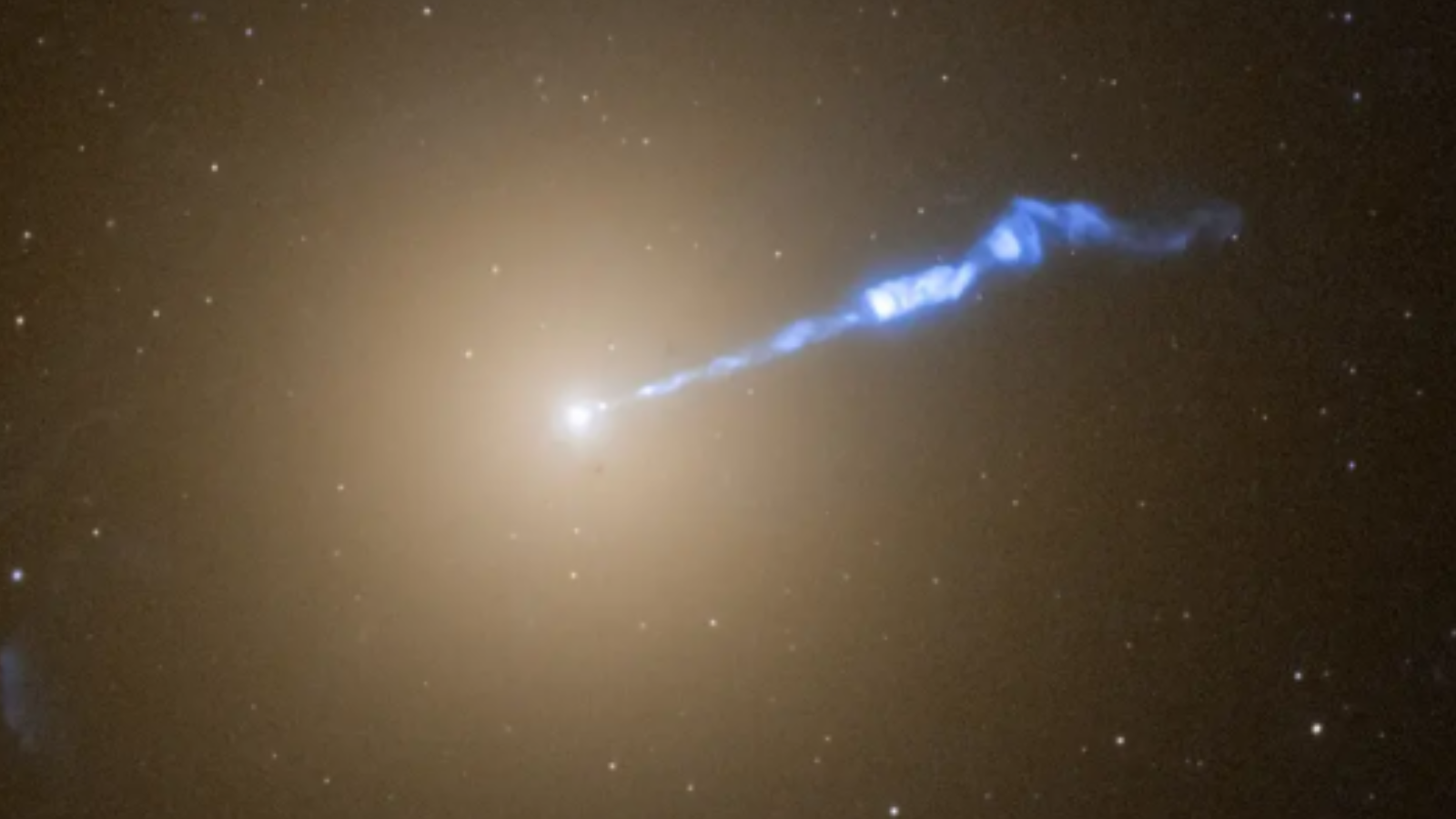The UAE's 1st Mars probe will reach the Red Planet on Feb. 9

The United Arab Emirates' first mission to Mars will reach the Red Planet on Feb. 9, 2021, Emirates government officials said Sunday (Nov. 8).
The mission's Hope orbiter should arrive at Mars in the same year as the 50th anniversary of the country's formation, UAE officials said in a statement just after Hope successfully completed its third trajectory correction.
The Hope mission, added Crown Prince Hamdan bin Mohammed Rashid Al Maktoum in the same statement, "marks the beginning of another 50 years that will bring about major achievements based in the fields of science, knowledge and innovation." The UAE is using the mission as a spur to encourage science innovation among researchers and educators in the country, the release stated.
Related: The United Arab Emirates' Hope mission to Mars in photos
Should Hope make it safely to Mars, the UAE will be the fifth entity to successfully send a mission to the Red Planet after NASA, the Soviet Union, the European Space Agency and the Indian Space Research Organisation. So far the spacecraft has made it 60% of the way to Mars since its launch on July 20. It is expected to make a fourth, smaller trajectory correction maneuver on Dec. 29.
As Hope cruises to Mars, its ground team in Dubai checks on the spacecraft's health two or three times a week. The last major phase will be mission orbit insertion, which will require the probe to slow itself down and enter orbit around Mars without real-time help from Earth. (Signals from Earth to Mars typically take 13 to 26 minutes for a one-way journey.)
Hope is gathering some science observations along the way to the Red Planet. In the coming months, it will observe hydrogen near Mars using a spectrometer, and examine interplanetary dust using star trackers, Emirate Mars Mission project director Omran Sharaf said in the same statement.
Breaking space news, the latest updates on rocket launches, skywatching events and more!
Hope's hydrogen observations will be calibrated with a spectrometer on Japan's and ESA's BepiColombo spacecraft, which just swung by Venus a few weeks ago on its seven-year journey to Mercury. The data that Hope and BepiColombo gather should provide more information concerning how hydrogen is distributed between planets, the UAE government stated.
The Mars science phase of the mission will begin about 75 days after orbit insertion. Hope's orbit will range between approximately 620 miles to 30,500 miles (1,000 kilometers to 49,000 km) above the Martian surface.
The spacecraft is expected to remain in orbit and gathering data for at least a full Martian year, which is 687 Earth days. Some of Hope's scientific contributions will include the first planet-wide examination of Martian atmospheric dynamics and weather, according to the UAE.
Follow Elizabeth Howell on Twitter @howellspace. Follow us on Twitter @Spacedotcom and on Facebook.

Elizabeth Howell (she/her), Ph.D., was a staff writer in the spaceflight channel between 2022 and 2024 specializing in Canadian space news. She was contributing writer for Space.com for 10 years from 2012 to 2024. Elizabeth's reporting includes multiple exclusives with the White House, leading world coverage about a lost-and-found space tomato on the International Space Station, witnessing five human spaceflight launches on two continents, flying parabolic, working inside a spacesuit, and participating in a simulated Mars mission. Her latest book, "Why Am I Taller?" (ECW Press, 2022) is co-written with astronaut Dave Williams.
